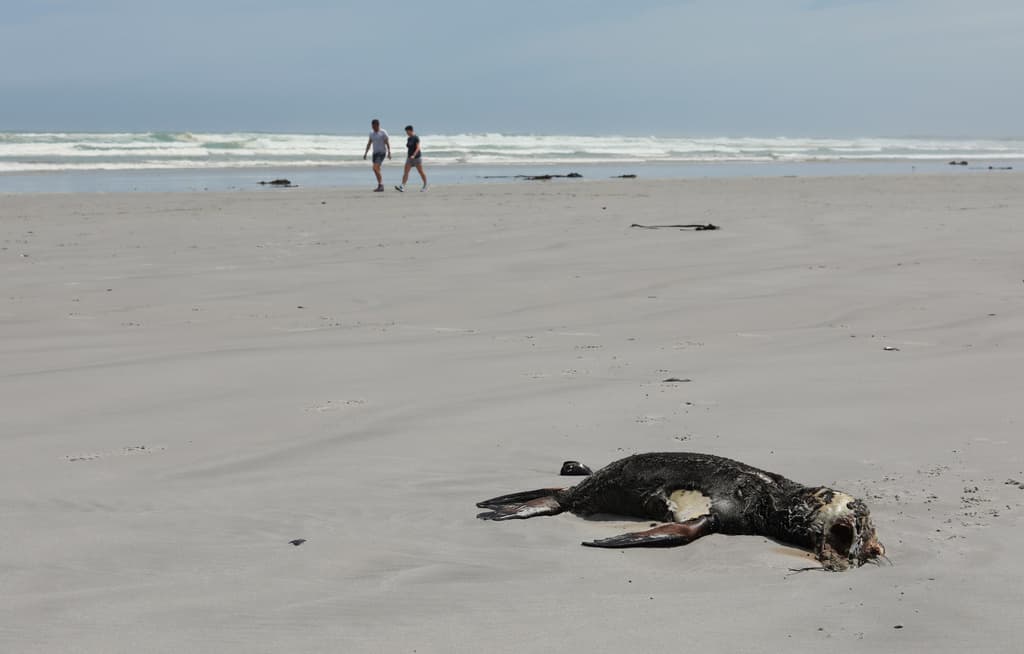An outbreak of rabies among seals in South Africa has prompted the South African public health authority NICD to issue a warning.
So far, nine seals have tested positive for the highly dangerous and deadly disease. Several surfers have been bitten by seals, reports The Guardian.
Local authorities, together with the research organization Sea Search, have decided to retroactively test dead seals for the virus.
Luckily, Sea Search has saved 120 (seal) brains over the past two and a half years, says one of the researchers.
Advertisement
Dead seals potentially carrying the rabies virus have also washed up on Cape Town's beaches, reports the South African news site News24. Despite concerns about the infection, the seals have remained on the beach for several days.
What happens if our animals or children come close to a seal? And others who haven't been informed about the rabies outbreak? We could end up in a new epidemic, says a resident in the area to the site.
Rabies is a viral disease that occurs in large parts of the world and is transmitted from animals to humans.
The disease is transmitted through saliva and via mucous membranes.
The incubation period is usually three to six weeks, but can be both longer and shorter.
Once symptoms have begun to show, the disease is almost always fatal.
Sweden has been rabies-free since 1886, although variants of the infection are likely to exist among bats in Sweden as well.
Source: The Public Health Agency






